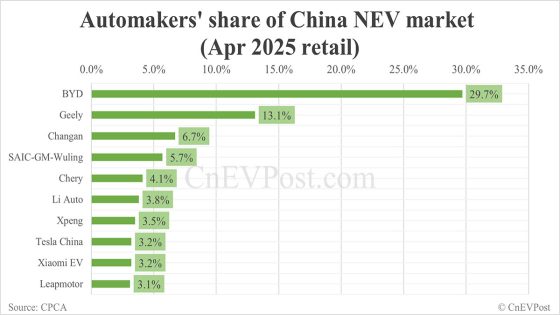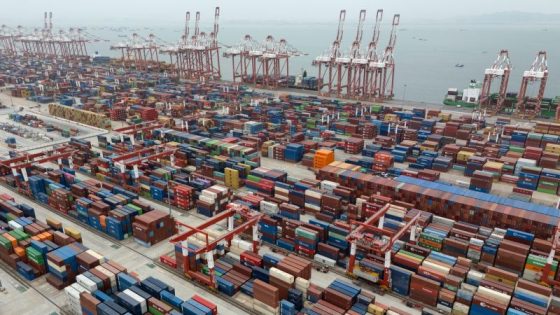Georgia has recently become the second U.S. state to shield the maker of Roundup weed killer from certain cancer claims, following North Dakota’s lead. This decision, made on May 13, 2025, raises significant concerns about agricultural practices and public health. As the debate intensifies over pesticide safety, the implications of such legal protections extend beyond U.S. borders, affecting global agricultural policies.
- Georgia shields Roundup maker from cancer claims
- Chemical liability shields impact agricultural health
- North Dakota also protects pesticide manufacturers
- Ads support farmers while shielding pesticide makers
- Modern Ag Alliance praises pesticide liability bill
The move has sparked a mixed reaction among stakeholders. While some argue that these liability shields are essential for protecting farmers and the agricultural industry, others worry about the potential risks to public health and the environment. This ongoing discussion highlights the need for a balanced approach to pesticide regulation.
This development prompts critical questions: How will these legal protections impact agricultural practices worldwide? And what does this mean for consumer safety? As countries grapple with similar issues, several perspectives emerge:
- In the Americas, farmers may feel more secure, but public health advocates express alarm.
- European regulators are likely to scrutinize similar legislation closely, given their stringent pesticide laws.
- Asia-Pacific nations may face pressure to adopt or reject similar liability shields, influencing trade agreements.
- The Middle East and Africa could see shifts in agricultural exports based on these legal frameworks.
As nations navigate these complex issues, a collaborative approach will be vital. Stakeholders must prioritize both agricultural productivity and the health of consumers to ensure a sustainable future.






























